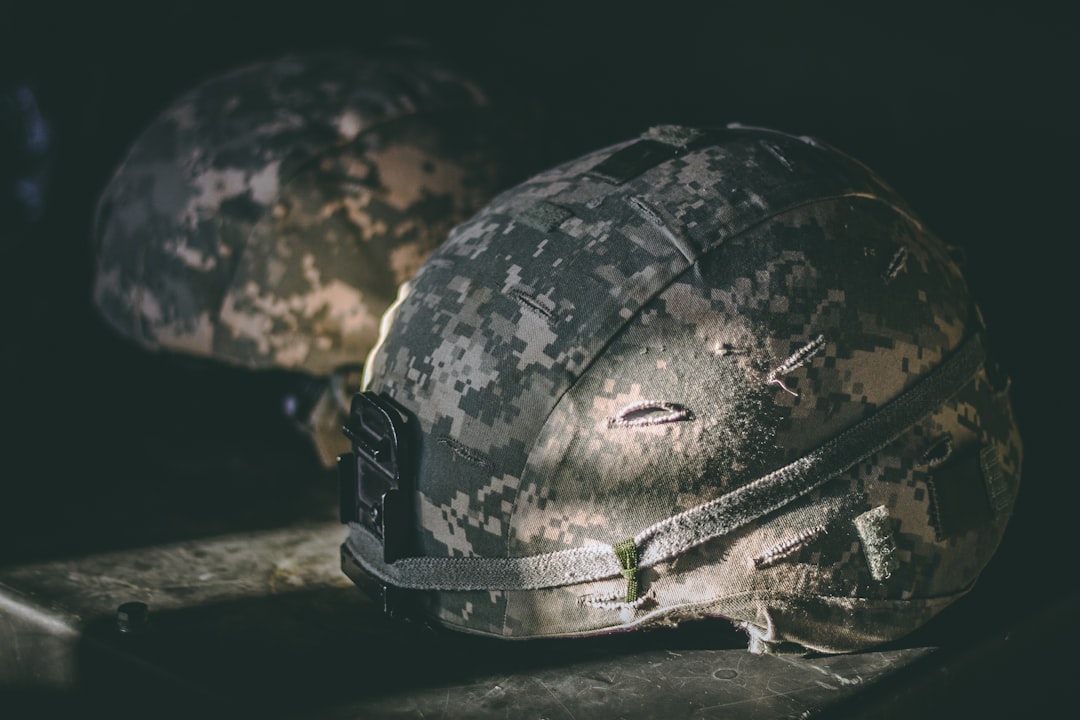Geopolitics and Markets Review - 23rd October 2023
Final Chapter on the History of the Israeli-Palestinian Conflict
Contents
1) History of the Israeli Defence Forces
2) 2000 Camp David Summit and The Second Intifada
3) 2006 Elections
4) Timeline to Present Day
5) Concluding Remarks
History of the Israeli Defence Forces
A topic earlier in history that remains relevant today is the formation of the Israeli Defence Forces. It wasn’t covered before so I’ll cover it now.
The IDF was formed by David Ben-Gurion, a pivotal figure in the foundation of the Israeli state and its first prime minister. It was founded and remains a conscript military, so citizens must serve a fixed-term period in the military, dependent on ethnicity.
The forces were bolstered from the ranks of already existing paramilitaries of the Yishuv, Jewish residents in Palestine before 1948.

This transition involved the merger of three Zionist paramilitaries. The Haganah, Irgun, and Lehi groups specifically.
The Haganah originally formed in 1920, but before this emerged from groups such as Bar-Giora (1907-1909) and Hashomer (1909-1920). The role of the groups was defending Jewish settlements during many riots against the Jewish community including the 1920 Nebi Musa riots, 1921 Jaffa riots, 1929 Palestine riots, 1936 Jaffa riots, and 1936-1939 Arab revolt in Palestine. The activities of Haganah were decided by the Jewish Agency, the largest Jewish non-profit in the world.
The other two groups were more aggressive in their approaches to protecting Zionist interests, often partaking in terrorism. The Irgun was inspired by Ze’ev Jabotinsky, who founded Revolutionist Zionism and the Betar Movement (founded in 1923 in Riga, Latvia), which aimed for greater expansionism and the establishment of a Jewish population majority on both sides of the Jordan River.
The Irgun were founded in 1931 and the Lehi formed in 1940 from a split with the Irgun. The split was again due to the two groups wishing to adopt different attitudes and actions to fight the British in Palestine prior to the formation of the 1948 state of Israel. The Irgun were willing to negotiate with the British and called off their aggression towards the British during World War Two. The Lehi most definitely were not willing to negotiate and continued attacks against the British rule over Mandatory Palestine.

Irgun and Lehi are known for their role in the King David Hotel Bombing in 1946, which housed the British headquarters for Mandatory Palestine. They also blew up the British Embassy in Rome in 1946, committed the assassination of Lord Moyne in 1944, and the Deir Yassin massacre in 1948.
The groups were aggressive towards the British due to the limitations placed on the Jewish populations in Palestine, including immigration and the general policy towards the conflict between the Jewish and Arab populations in the territory.
These acts were acts of terrorism. Another reason this history is so vital to study. We see Hamas partaking in despicable acts of terrorism today. Was either side resisting oppression? Was either side promoting patriotism? Terrorism is terrorism, regardless of the conditions. Innocent civilians always bear the brunt of the attack, and the attacks are condemned globally for this exact reason.
Let’s fast forward back to the year 2000. Last week, we discussed the Israeli-Egypt peace treaty of 1979 before discussing conflicts in the 1982 Lebanon War and the First Palestinian Intifada. The Oslo Peace Process in 1993 seemingly started a series of negotiations where peace between Israel and Palestine appeared possible. We know today that peace wasn’t achieved, but when there seemingly existed some hope for peace, why didn’t it occur?
2000 Camp David Summit and The Second Intifada
1999 saw a change in Prime Minister again with Ehud Barak being elected.
July 2000 saw the Camp David 2000 Summit. The summit was a failure. The proposal was drafted by the Americans and Israelis and contained the following aspects:
Keep reading with a 7-day free trial
Subscribe to Geopolitics Explained to keep reading this post and get 7 days of free access to the full post archives.


